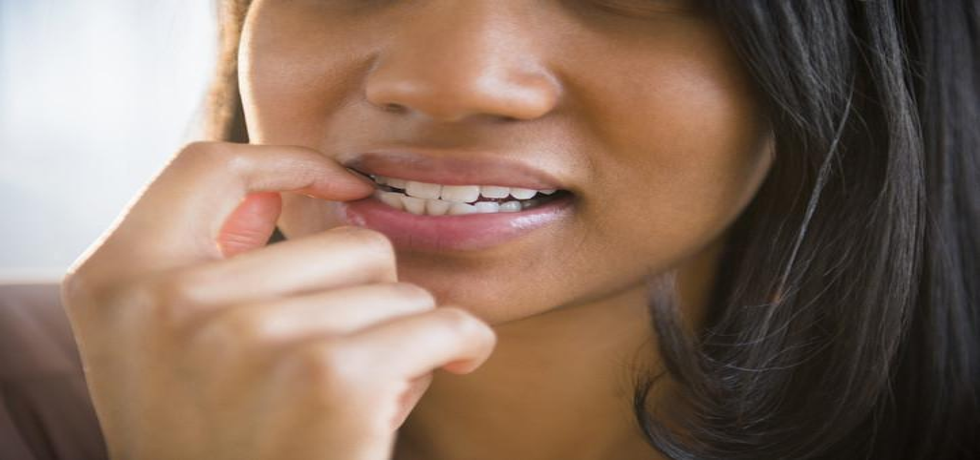
Nail-Biting: The Hidden Health Risks
Understanding the Habit
Nail-biting is a common habit that many people, especially children and teenagers, engage in without much thought. While it might seem harmless, nail-biting can have serious implications not just for your nails but for overall health as well. The simple act of nibbling on nails hides several risks that can lead to various issues. Lets delve into the hidden health risks associated with this habit and understand why it may be worth considering to kick the habit.
Health Risks of Nail-Biting
Nail-biting can expose you to various health risks. When you bite your nails, you bring germs from your fingers directly into your mouth. Our hands come into contact with numerous surfaces, collecting bacteria and viruses along the way. As a result, this habit increases your chances of developing infections, particularly around the nail bed or cuticle area. In some cases, it can even lead to more severe conditions like paronychia, an infection that causes redness, swelling, and pain.
Additionally, biting your nails can also lead to gastrointestinal issues. Germs from your fingertips can carry diseases ranging from common colds to more serious infections like salmonella, which can disrupt your overall well-being. Thus, managing nail-biting is not merely about aesthetics but is crucial for maintaining your health.
Psychological Factors
Nail-biting is often a response to stress, anxiety, or boredom. Recognizing the psychological triggers behind this habit can be key in overcoming it. By addressing what prompts you to bite your nails, such as stress or anxiety, you can create healthier coping mechanisms. Engaging in mindful activities like meditation or finding a new hobby can help distract your hands and mind, reducing the urge to nibble on your nails. Moreover, substituting nail-biting with healthier options like chewing gum or using fidget tools can assist in breaking the habit.
Taking Action
If you’re looking to break the nail-biting habit, there are several practical steps you can take. Start by keeping your nails trimmed short to minimize the temptation. Use bitter-tasting nail polish designed to deter nail-biting, or simply remember to apply a hand cream to keep your hands busy and moisturized, which may reduce the urge to bite. Additionally, consider journaling your nail-biting episodes to track your triggers and find patterns in your behavior.
The key is to remain persistent and patient with yourself. Remember that breaking a habit takes time, but the health benefits are worth the effort.
Conclusion
The risks associated with nail-biting go beyond just unsightly nails. The potential for bacterial transfer, skin infections, and the psychosocial factors involved cannot be overlooked. If you, or someone you know, is struggling with this habit, its invaluable to seek guidance and support. Addressing it is beneficial not just for the appearance of your hands but for your overall health.
For professional assistance and expert advice from leading dermatologists like Dr. Hital Patel, experience the benefits of nail-biting solutions with Hair & Skin Specialist Dr. Hital Patel at The Skin Artistry. Our clinics in PDPU Gandhinagar, Vastrapur Ahmedabad, and Hyderabad (Visiting Consultant) offer top-quality care and personalized treatments. Visit us today to learn more about our services and take advantage of our special offers! For more insights, updates, or to collaborate, stay connected with The Skin Artistry.


